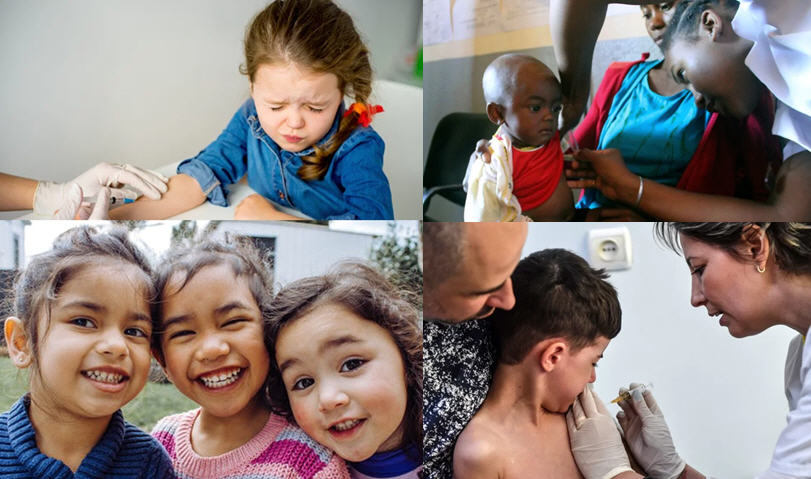
Measles Outbreak and Anti-Vax Epidemic
The United States Centers for Disease Control and Prevention (CDC) has confirmed 314 individual cases of measles in fifteen states since the beginning of the year until the date of last count, March 21. From these fifteen, six jurisdictions are now dealing with outbreaks, with 3 or more cases of measles: New York State, Rockland County, which account for nearly half of confirmed cases, with 153 cases confirmed so far; New York City; Washington; Texas; Illinois; and California Family Medicine.
This current measles outbreak has now officially become the worst outbreak in the United States since 1992.
Measles was eradicated in the U.S. in 2000. The disease started to reappear in 2008 and, since then, most of the cases that had been reported were considered imported cases, i.e., the disease was brought back by overseas travellers. And because of the growing unvaccinated communities across the United States, the further spread of the disease and growing number of individual cases and outbreaks over the years were inevitable.
According to a recent article published on Fortune.com, “Anti-vax propaganda is the reason some parents choose not to vaccinate their children against preventable diseases, and several hotspots have major measles outbreaks ongoing now due to vaccine exemptions, as well as vaccine hesitancy and refusal.”
The same CDC report also points out that “The majority of people who got measles were unvaccinated.”
And even the World Health Organization “has declared the anti-vaccine movement to be one of the top global health threats for 2019.
The anti-vax propaganda has been steadily gaining ground in the United States in the past decade or so. And because the spread of false information online has also become a serious epidemic, more and more parents are being led to believe the myth that autism in children is caused by vaccines. Religious beliefs and philosophical reasons are also common factors that make parents refuse to vaccinate their children against preventable diseases.
The fact that many among the new generations of parents are not aware of the serious dangers associated with measles and other diseases that have been successfully eradicated in the US
through vaccinations before their time also affects their decision to not have their children immunized.
And with more and more Americans travelling to places in the world where measles are still a constant problem, the formula for a looming epidemic is completed. The anti-vax propaganda has been inadvertently bolstered by all the aforementioned factors coming together. The current outbreaks will only increase given the continued decline in vaccinations among children in the U.S.
Why should you vaccinate your children against measles?
Measles is more than just a bout of rash and fever. Unvaccinated children under five years old and adults over 20 years old are especially susceptible to the serious health complications of measles. Common complications include ear infection and diarrhea; more severe complications include pneumonia and encephalitis, both of which can lead to other serious complications.
According to the CDC:
- About 1 in 4 people in the U.S. who get measles will be hospitalized
- 1 out of every 1,000 people with measles will develop brain swelling, which could lead to brain damage
- 1 or 2 out of 1,000 people with measles will die, even with the best care
Measles is highly contagious; 9 out of 10 people, if they have not been immunized, can get infected directly by a carrier, through physical contact or a cough or sneeze; they can also get infected indirectly just by entering a room where the carrier has been, up to 2 hours after the person has left. A carrier is contagious four days before and four days after he develops the rash Family Medicine.
How can you protect your children?
The MMR (measles-mumps-rubella) vaccine is the best protection you can give to your child; it immunizes your child against all strains of the measles virus (as well as mumps and rubella) for the rest of his/her life. In the U.S., children are given two doses of MMR vaccine: at 12-15 months after birth; and any time between 4 and 6 years of age.
Children who have not been previously vaccinated as recommended can still benefit from the vaccine.
Visit a HOMA family medicine doctor now and find out more about measles and your child’s immunization needs.
